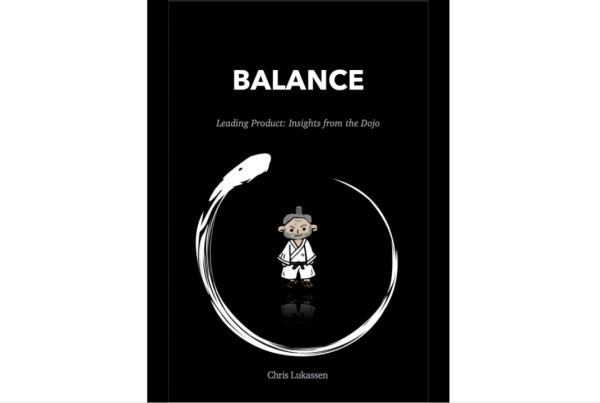For the past few weeks, I’ve been preoccupied with the very vexing issue of trust in the workplace. I say “vexing” because fostering genuine trust in the workplace has to be one of the most difficult nuts to crack of any that I can think of.
Trust is the great enabler of human interactions and relationships and, without it, things quickly start falling apart. Trust underpins communication, teamwork, collaboration, innovation and effective leadership, to name only a few of the important enablers of success that are so highly prized by organizations everywhere.
Trust is a broad issue and bookstores are packed with titles from experts who have tried to describe it from every possible angle. With such a well researched topic, one would expect organizations to have mastered it by now, especially large corporations with all of their considerable resources. And yet, trust remains stubbornly elusive.
The reason, of course, is that trust is anchored in human dynamics, both at the individual and at the group level. There is no algorithm for trust except for the one that has been hard-coded in our genes through millions of years of evolution. And that algorithm was simply not optimized for life within a modern corporation.
Most people instinctively know how to foster trust within what I will call their “clan” – a small group which includes their immediate family, their close friends, some close relatives and, perhaps, the handful of people with whom they are called on to collaborate with on an on-going basis, such as close colleagues. The key word here is “close”. The dynamics of trust are inherently easier to figure out within those inner circles, where you know others on a very personal level and they, in turn, have the benefit of knowing you intimately: for good or bad, they have the measure of you.
As humans, we’re naturally quite good at this. We wouldn’t be here as a species if we hadn’t mastered those fundamentals and our close cousins, the great apes, are also very good at it. But as you keep trying to expand the circle of trust further and further out, to include more people and more clans, things start to get much more complicated.
Ask a few people to tell you about trust and one of the lines you’ll probably hear over and over is that people trust others whom they believe will not betray them, hurt them or let them down. “I trust this person because I believe that he/she has my back“. Trust, in other words, is often grounded in bonds of mutual loyalty.
But this kind of trust, in the context of the workplace (or society in general), is a double-edged sword and can have some perverse effects.
Think of it this way: If your direct supervisor was treating you unfairly, would you feel comfortable going to your manager once removed? What if you thought – rightly or wrongly – that your boss and his or her boss were tied by strong bonds of mutual loyalty? Might you not legitimately fear that your grievances might go ignored or worse, that you might end up being the target of reprisals?
As a group or an organization gets bigger, personal loyalties cease to be effective as a means of generating trust. To be sure, interpersonal loyalties never disappear. But they must be supplemented and counterbalanced by institutional norms; safeguards such as policies and procedures, as well a clearly spelled out values and behaviours. And it must be clearly understood by all that these institutional norms and safeguards will take precedence over personal preferences and loyalties at any level in the organization.
In the context of broader society, this principle is known as the Rule of Law. Simply put, it is the idea that the law must apply equally to every person irrespective of this person’s station in life and that nobody – not even the ruler – is above the law. This principle of fundamental justice, in liberal democracies, is the bedrock on which the social contract – the collective trust that binds us together – comes to rest.
I have often thought of the modern corporation as a Polis – a smaller-scale society with its citizens and their various trades, its laws, its government and other institutions, its values and its beliefs. As in any human society, corporate leaders play an essential role in setting the tone through word and deed. First and foremost, they must be seen doing the right thing, even when and especially when their personal interests and loyalties might be seen as getting in the way. As judges and lawyers are fond of reminding us, “Not only must Justice be done; it must also be seen to be done.”
There is no easy way of fostering trust in the workplace. If it was easy, corporations, with all of their considerable resources, would have figured this out and people like me wouldn’t be calling trust a vexing issue and writing columns about it. But I would argue that a good place to start is for organizations to have clearly spelled-out norms and values, and for leaders to be seen applying them fairly and consistently, making it clear to all that a corporate version of the Rule of Law prevails here and that it will supercede personal interests and loyalties.
Trust in the workplace is much more complicated than this, of course, and it does help when the leaders genuinely care about the people they lead. But I offer the above as one possible framework to think about the issue and one possible way of moving the needle in the right direction.



